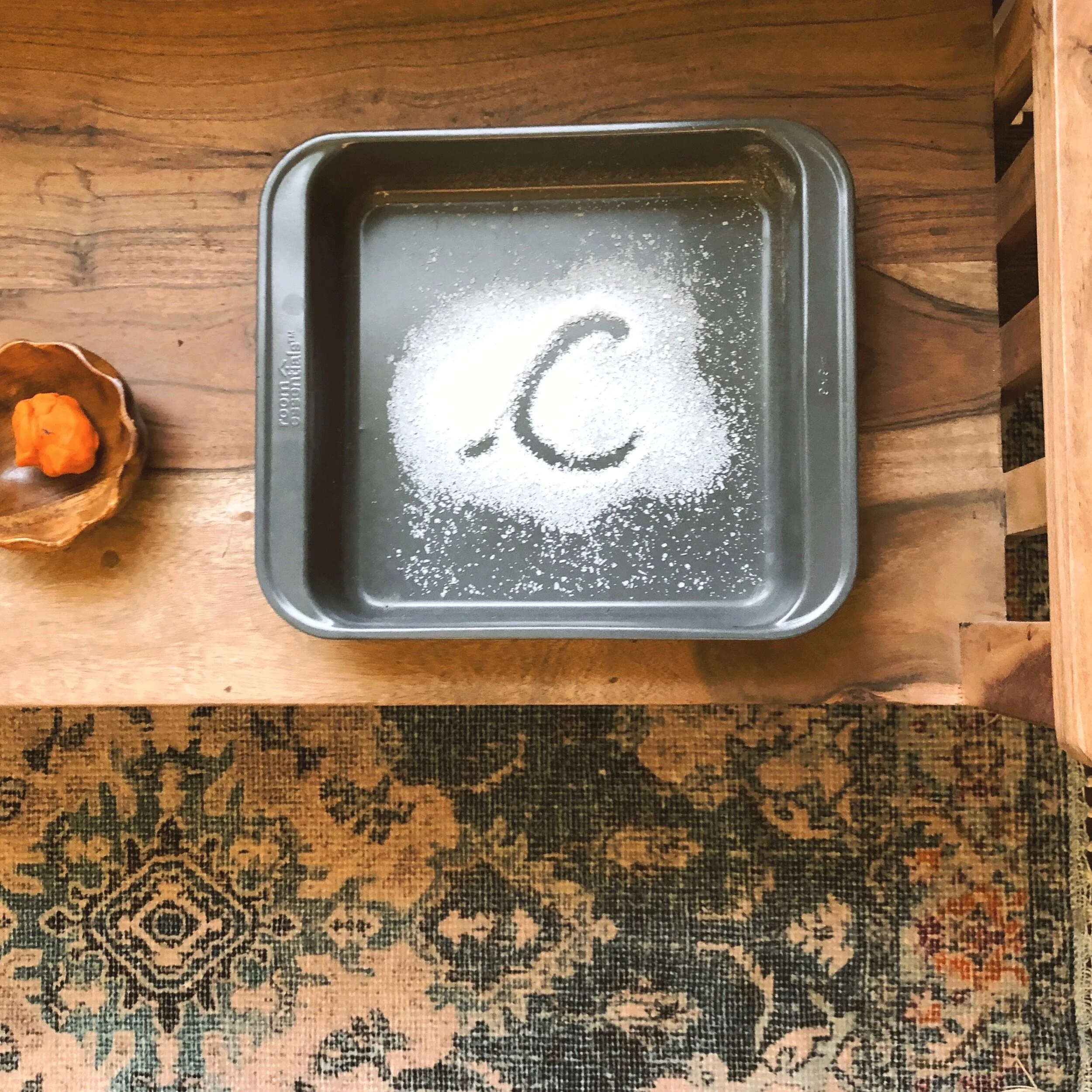Montessori at Home: Rethinking Learning
/It’s such a stressful time to be a teacher and a parent. In this season of covid, it feels like there is no right way to do school in the fall. Lot’s of families have chosen the homeschool route, others are sending their children back, while others are choosing whatever remote learning option is offered. School districts are making the best decisions they can with the resources they have. Teachers are super heroes.
This time is hard. But what if one of the bright spots that comes out of this dark season is reimagining school for our children. Not just our personal children, but our collective children. What if this opens doors for more outside time. What if this takes the focus off rigid standards. What if this opens the boxes we’ve been trying to package children into.
When Montessori started her schools, she hadn’t yet developed the math, language or sensorial materials. All she had in the early classrooms was practical life work. These early children’s homes (not classrooms!) were innovative. They were based on deep respect for the children. The children spent their days cooking, cleaning and singing. And they did these things with joy and satisfaction. These things proved to be an aid to their development. A community of cooperation and learning was build by these children as they spent their days together. What if we thought about learning during this time in this same way? What if we thought about early learning, whether at home or at school, as a natural process that needs supporting, not lecturing and standards and rigidity.
We can bring the spirit of those early children’s houses into our classrooms and homes. We can help learning unfold naturally by ensuring our children feel like they are important, contributing members of the community they are in, whether it’s a classroom community or a family. It is important that even the youngest feels like their role is valued. Some activities your child can participate in at home are folding laundry (make sure it isn’t inside out), washing dishes (either hand washing or scraping their plates and putting them in the dishwasher), putting their toys away and packing their own lunches. Yes, even a three year old can successfully do most of these things with minimal assistance! Remember to use positive phrasing (“You can fold these clothes,” or even “You get to fold the laundry today!”). Refrain from offering rewards for these things. And remember, never help a child with something they can do themselves. Montessori said it best: “Any unnecessary help is a hindrance.” Repeat this to yourself as needed.





